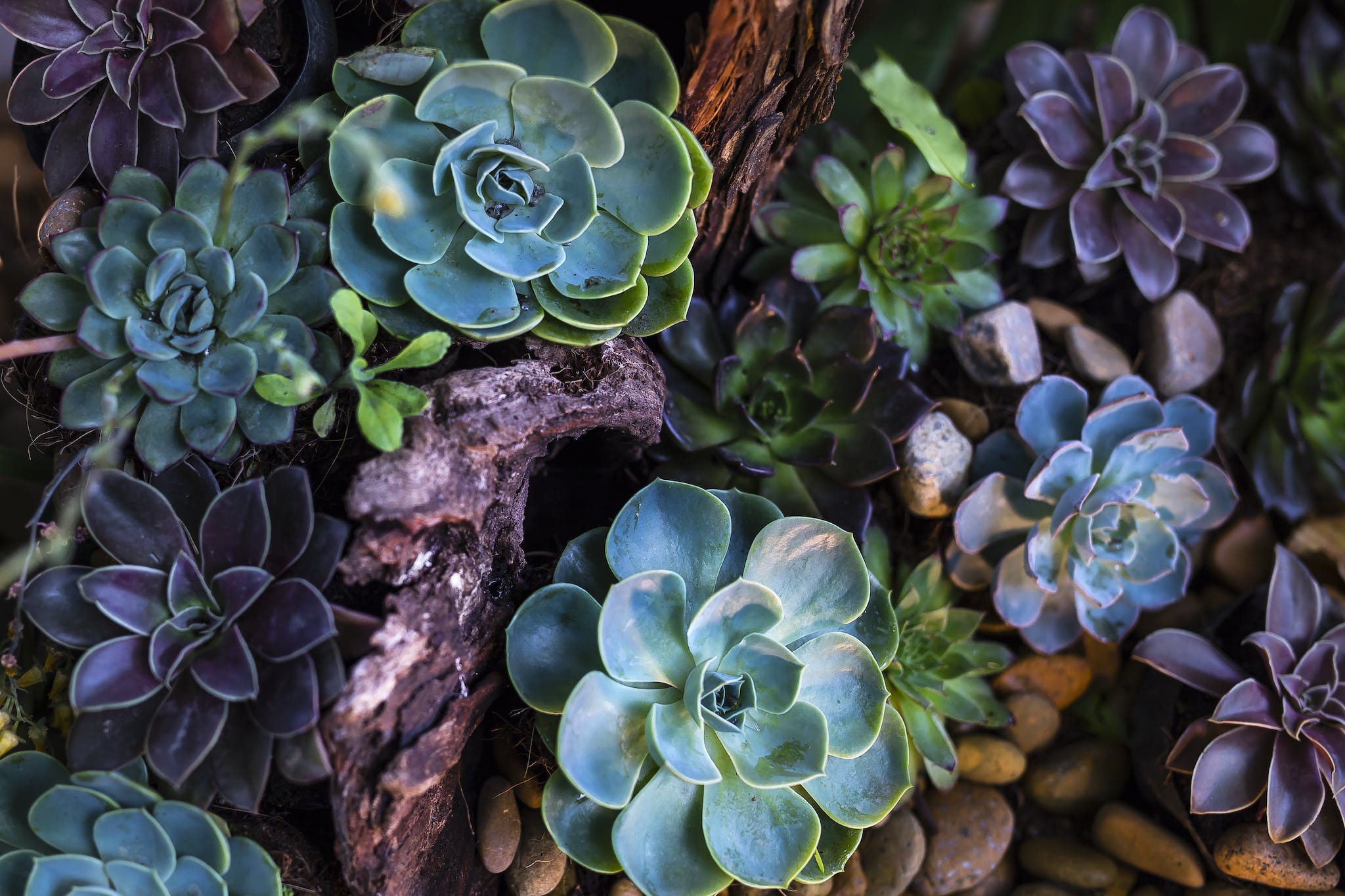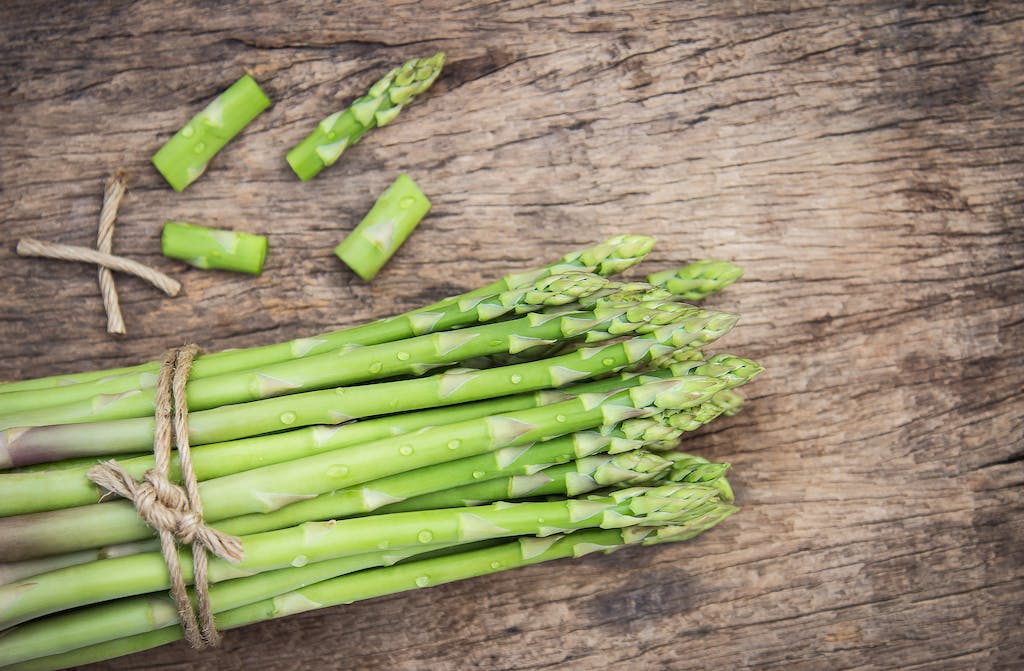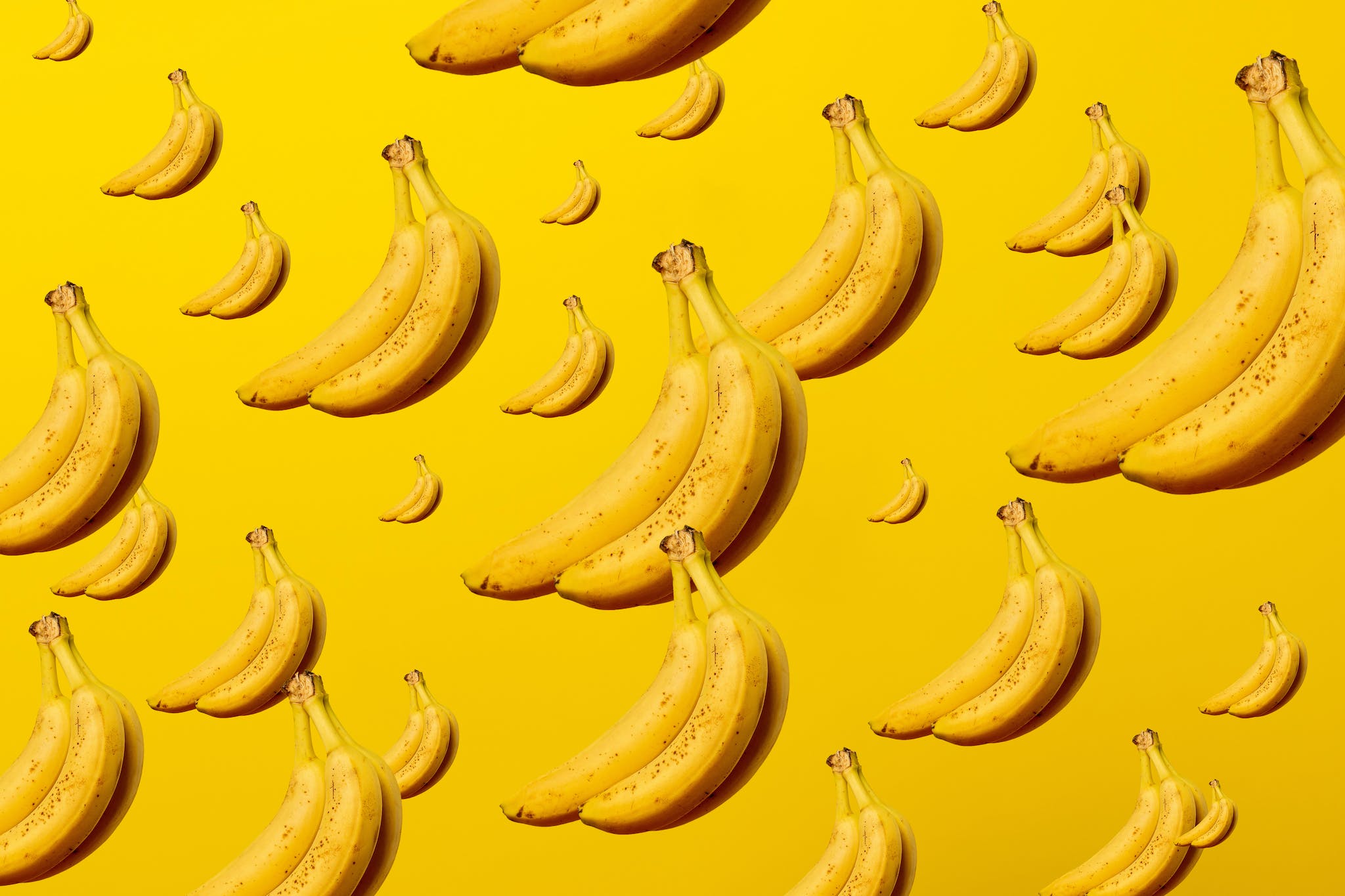Can Rabbits Eat Strawberries?
If you’re a rabbit owner, you may be wondering if your rabbit can safely enjoy strawberries as a treat. The answer is yes, rabbits can eat strawberries, but there are a few things to keep in mind.
Strawberries should only be given to rabbits in moderation. While they are a healthy and tasty snack, they are also high in sugar. Too much sugar can cause digestive issues and obesity in rabbits, so it’s important to limit their intake. A good rule of thumb is to offer strawberries as an occasional treat, rather than a regular part of their diet.
It’s important to prepare strawberries properly before feeding them to your rabbit. Make sure to wash them thoroughly to remove any pesticides or dirt. Remove the stem and leaves, as they are not safe for rabbits to eat. Cut the strawberry into small pieces to make it easier for your rabbit to eat and digest. By following these simple guidelines, you can safely share this sweet treat with your rabbit.
Nutritional Benefits of Strawberries for Rabbits
If you are wondering whether rabbits can eat strawberries, the answer is yes! Strawberries are not only a tasty treat for your rabbit but also provide several nutritional benefits.
Vitamins and Minerals Content
Strawberries are an excellent source of Vitamin C, which is essential for maintaining a healthy immune system in rabbits. This vitamin helps in the production of collagen, which is necessary for healthy skin and fur. Moreover, strawberries also contain other essential vitamins such as Vitamin B6, Vitamin K, and Vitamin E, which contribute to overall health.
Apart from vitamins, strawberries also contain several minerals, including potassium, magnesium, and calcium. Potassium helps regulate blood pressure, while magnesium is necessary for healthy bones and teeth. Calcium, on the other hand, is essential for muscle and nerve function.
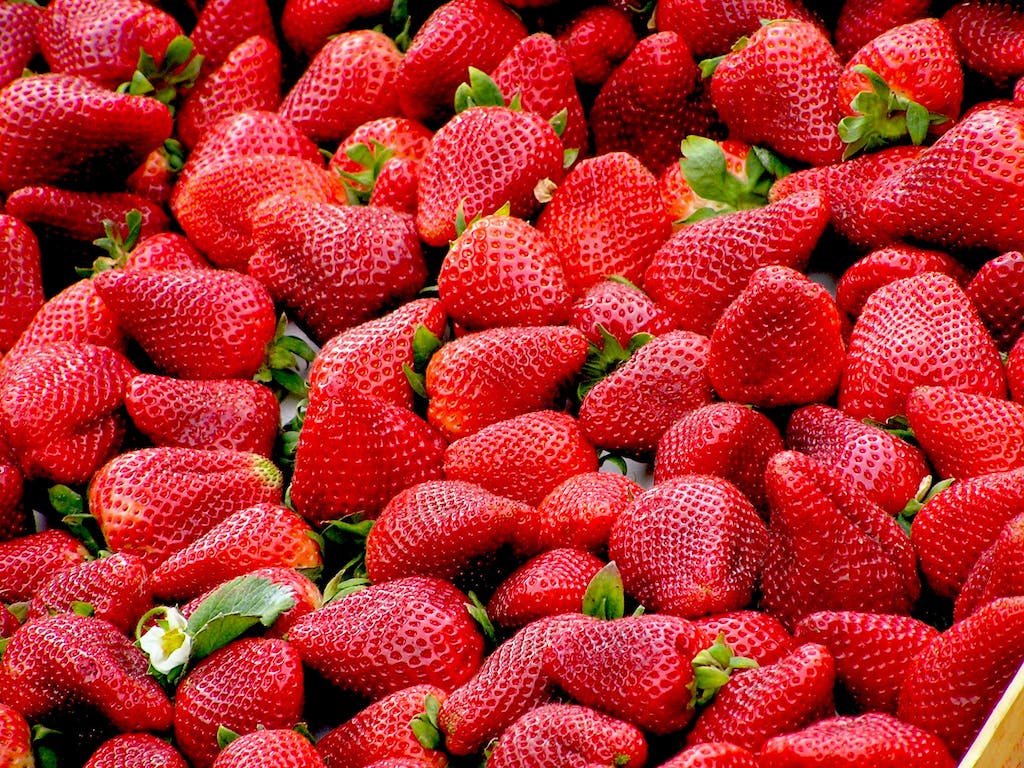
Fiber for a Healthy Digestive System
Strawberries are also a rich source of fiber, which is essential for maintaining a healthy digestive system in rabbits. Fiber helps keep the digestive tract moving, preventing the buildup of harmful bacteria that can lead to various health problems. It also helps prevent gastrointestinal stasis, a condition where the digestive system slows down or stops completely.
Feeding your rabbit strawberries can provide several nutritional benefits, including vitamins, minerals, and fiber. However, it is essential to remember that strawberries should only be given as an occasional treat and not as a primary source of food. Always consult with your veterinarian before introducing any new food to your rabbit’s diet.
Potential Health Concerns
When it comes to feeding your pet rabbit strawberries, there are some potential health concerns to be aware of. While strawberries are generally safe for rabbits to eat in moderation, there are a few things you should keep in mind.
Sugar Content and Obesity Risk
Strawberries are a sweet fruit and contain natural sugars. While these sugars are not harmful in small amounts, consuming too much can lead to obesity and other health problems. As a general rule, you should limit your rabbit’s intake of strawberries to one or two small pieces per week.
Gastrointestinal Issues from Excess Fruit
Rabbits have a delicate digestive system, and feeding them too much fruit can cause gastrointestinal issues such as diarrhea and gas. When introducing strawberries to your rabbit’s diet, start with a small amount and monitor their reaction closely. If you notice any signs of digestive upset, such as loose stools or excessive gas, reduce or eliminate the amount of strawberries you are feeding them.
While strawberries can be a healthy and tasty addition to your rabbit’s diet, feed them in moderation and monitor their reaction closely. By taking these precautions, you can help ensure that your rabbit stays healthy and happy.
Feeding Guidelines for Rabbits
When it comes to feeding your rabbit, it’s important to provide a balanced diet that meets their nutritional needs. While rabbits can enjoy a variety of fruit and vegetables, including strawberries, it’s important to follow some guidelines to ensure your rabbit stays healthy.
Moderation and Frequency of Treats
Treats, including fruit like strawberries, should be given in moderation. Too many treats can lead to obesity and other health problems. A good rule of thumb is to limit treats to no more than 10% of your rabbit’s daily diet. This means that if your rabbit eats 1 cup of pellets per day, they should have no more than 1 tablespoon of treats, such as strawberries.
It’s also important to consider the frequency of treats. While it’s okay to give your rabbit an occasional treat, it’s not recommended to give treats every day. Instead, aim to give treats no more than a few times per week.
Appropriate Portion Sizes
When feeding your rabbit treats, it’s important to consider the appropriate portion size. While strawberries can be a healthy treat for rabbits, it’s important not to overdo it. A good portion size for a rabbit is about 1-2 small strawberries per serving.
It’s also important to consider the quantity of treats your rabbit is receiving. If you’re giving your rabbit a lot of treats, it’s important to adjust their diet accordingly. This may mean reducing the amount of pellets they receive or increasing their hay intake to ensure they’re getting the proper nutrients.
Remember, treats should be just that – an occasional treat. By following these guidelines and providing a balanced diet, you can help keep your rabbit healthy and happy.
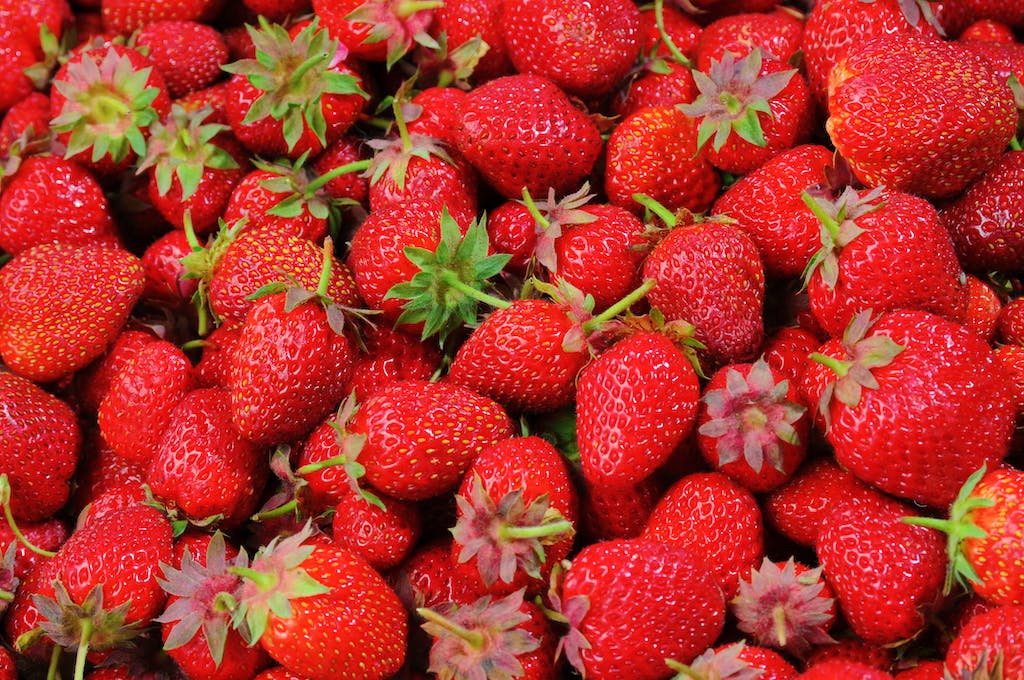
Safe Practices and Alternatives
Introducing New Foods to a Rabbit’s Diet
When introducing new foods to your rabbit‘s diet, do so slowly and in small quantities. This allows their digestive system to adjust and prevents any potential digestive issues. Start by offering a small piece of strawberry and monitor your rabbit’s reaction. If they show any signs of discomfort or digestive issues, stop feeding them strawberries immediately.
It is also important to note that rabbits have sensitive digestive systems and some foods may not be suitable for them. Avoid feeding your rabbit any foods that are high in sugar or fat, as well as any processed foods. Always consult with a veterinarian before introducing any new foods to your rabbit’s diet.
Healthy Alternatives to Strawberries
If you’re looking for a healthy alternative to strawberries, there are plenty of options available. Leafy greens such as kale, spinach, and cilantro are great options as they are low in sugar and high in fiber. Other fruit such as apples, bananas, and blueberries can also be given to your rabbit in moderation.
Remember that hay should make up the majority of your rabbit’s diet, followed by fresh vegetables and a small amount of pellets. Always provide your rabbit with fresh water and ensure that their diet is balanced and nutritious.
While strawberries can be a tasty treat for your rabbit, introduce them slowly and in moderation. If you’re looking for a healthy alternative, there are plenty of options available that can provide your rabbit with the necessary nutrients they need to stay healthy and happy.
Understanding Rabbit Nutrition
Rabbits are herbivores, which means that their diet should consist primarily of hay and grass. However, they can also eat a variety of vegetables and fruit in moderation. In order to ensure that your rabbit is receiving a balanced diet, understand the basics of rabbit nutrition.
The Importance of Hay and Grass
Hay and grass should make up the majority of your rabbit’s diet. These fibrous foods provide essential nutrients and help to keep your rabbit’s digestive system healthy. Timothy hay is a popular choice for rabbits, but other types of grass hay such as orchard grass and brome hay can also be used. Provide your rabbit with fresh hay daily and to make sure that it is free from dust and mold.
Balancing Fruit with a Rabbit’s Main Diet
While fruit are a tasty treat for rabbits, they should be given in moderation. Fruit are high in sugar and can upset the delicate balance of your rabbit’s digestive system if given in excess. When giving your rabbit fruit, make sure to choose ones that are high in fiber and low in sugar. Strawberries can be a good choice for rabbits, as they are high in vitamin C and fiber. Remember that fruit should only make up a small part of your rabbit’s diet.
In order to ensure that your rabbit is receiving a healthy diet, provide a variety of foods and to monitor their intake.
Pellets should be given in moderation, as they are high in calories and can lead to obesity if given in excess. When choosing pellets, look for ones that are high in fiber and low in protein and fat.
By understanding the basics of rabbit nutrition and providing a balanced diet, you can help to ensure that your rabbit stays healthy and happy.


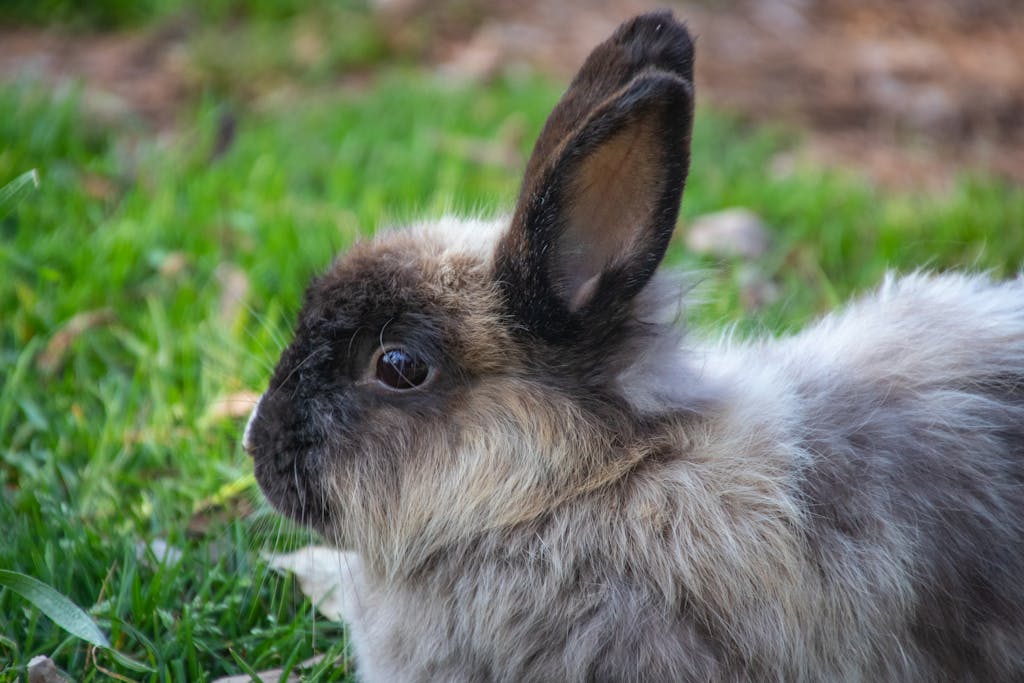
![Signs You Have a Happy Rabbit: What Every Bunny Parent Should Know [2025 Guide] Questions To Ask A Rabbit Breeder](https://rabbitcarebasics.com/wp-content/uploads/2022/03/Questions-To-Ask-Rabbit-Breeders.jpeg)

